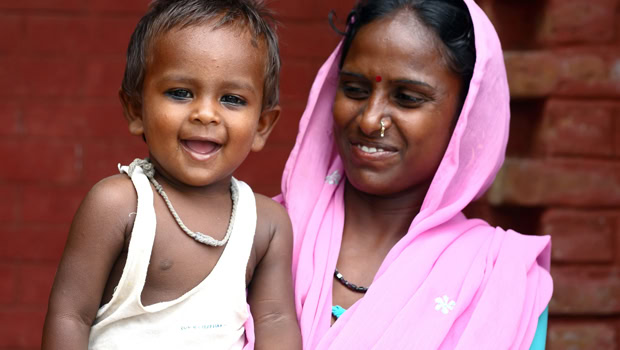Uncertain Access to Insulin

Commentary
A huge number of people living with Type 1 diabetes can’t reliably obtain needed insulin. I spoke to David Beran, an advisor for the International Insulin Foundation (IIF), and he told me that approximately one-third of the world’s population lacks guaranteed access to essential medicines. In the poorest parts of Africa and Asia, this proportion increases to a half.
This is more of a supply chain problem rather than a problem stemming from insulin production shortfalls. There are a host of problems linked with distribution and government policies that make accessibility and affordability of insulin troublesome in many countries. And then there are the harsh economic realities of medicine accessibility; in some parts of the world a month’s supply of insulin can cost almost 20 days’ wages. And unfortunately, says Beran, diabetes is not often prioritized among global health threats, so there isn’t enough foundation money available to bridge the gap.
Since starting my website (T1International.com) to raise awareness about these issues, I have had the opportunity to connect with people living with diabetes all over the world. I regularly hear from friends in Togo or Morocco who are desperate to get their supply of insulin or can only test their blood sugar once a month at most. Other friends in the United States can’t afford their insulin or insulin pump supplies because of lack of money or poor health insurance. These stories are heartbreaking, so I do my best to share their voices and get the word out so that something can be done.
What I don’t understand is how these problem can be so overlooked. Yes, living with Type 1 diabetes, wherever you are, is hard, but can you imagine what it might be like to deal with it when you aren’t sure whether you have enough insulin for your next injection? What if you experienced high and low blood sugars, but had no understanding of your condition or how to properly treat it? While many of us are waiting for the latest pumps, CGMs, or an artificial pancreas, so many people are living with constant ‘out-of-control’ blood sugars or just hoping to make it through the day while deciding between a meal or their medication.
These are not happy thoughts, but if you were suddenly forced to live without your supply of insulin, wouldn’t you hope that others would speak out and try to change the status quo? Issues related to insulin access – an essential medicine available for use for nearly 100 years now – should be widely broadcast and adamantly tackled. Through T1International, I have been pleased to learn of a few organizations that focus on pushing for better access to insulin, education, and support for people living with diabetes, including the World Diabetes Foundation, the International Diabetes Foundation, and Insulin for Life.
While they are doing great things I feel that there is much more potential for all of us to unite as the strong, change-making diabetes community that I know we are capable of being. At the very least we need to be informed and aware of what is happening, what is currently being done, and what opportunities there are to make a difference. I hope you’ll stay tuned, get informed, and read more on this issue. We can – and must – make the abhorrent concept of someone dying from lack of insulin one that is relegated to a less humane chapter in history.